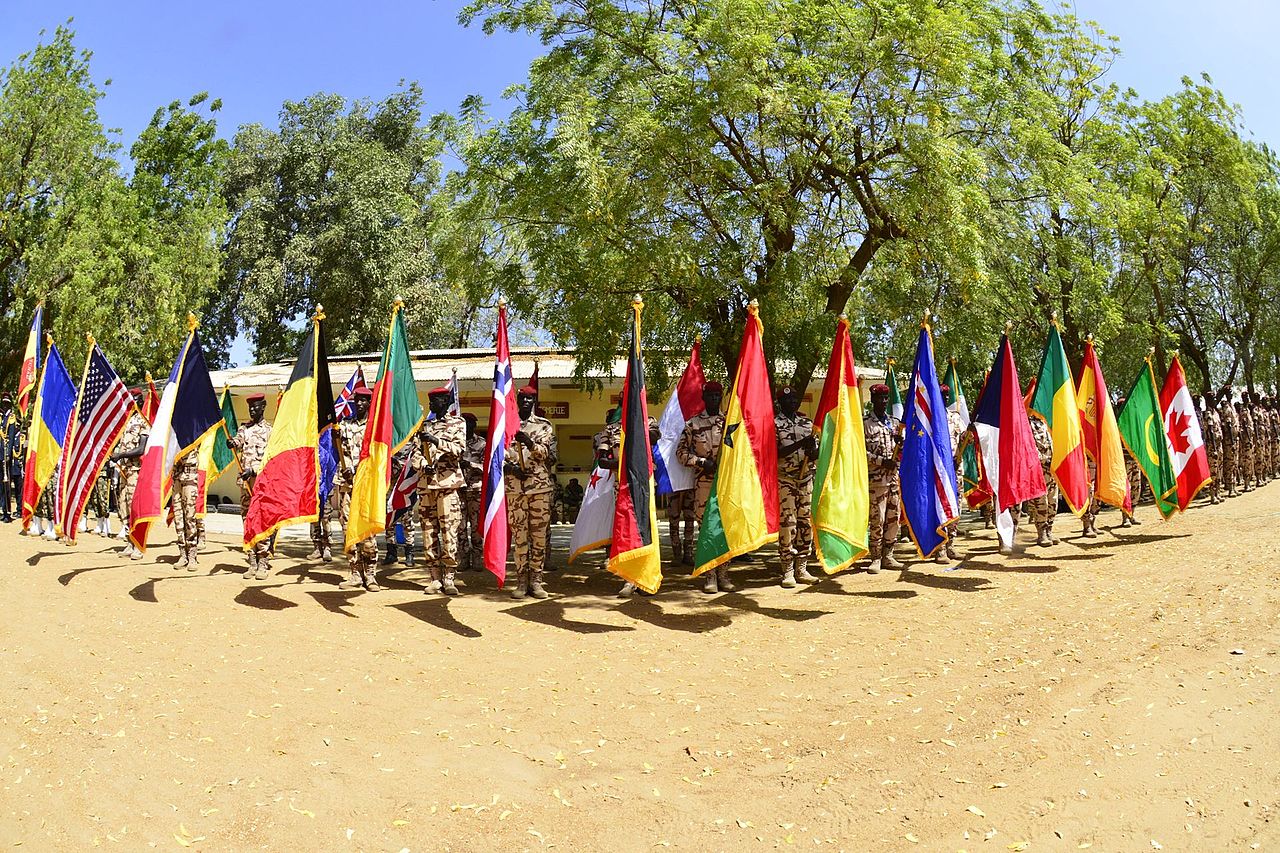
Stepping up Engagement in the Sahel: Russia, China, Turkey and the Gulf States

Over the past five years, since the latest wave of coups began in 2020, states in the Sahel have strategically realigned and shifted external partnerships. Mali, Burkina Faso and Niger suspended their security collaboration with their long-term ally, France, following their respective coups between 2020 and 2023, and demanded for the immediate withdrawal of French troops while advancing a new narrative of sovereignty. In 2023 Mali’s regime ousted the decade-long, 13,000 troops-strong UN peacekeeping mission in the country, MINUSMA, while Niger expelled the EU’s two security and defense missions, one of which had been deployed since 2012. A few months later, Niger also broke off a decade-long defense partnership with the US. In a second wave of expulsion, yet different in manner and context, Chad, Senegal and Ivory Coast also suspended military collaboration with France in 2024.
This recent expulsion of Western and multilateral partners has been accompanied by a turn by Sahelian states to old and new, predominantly authoritarian, actors. This shift reflects an effort by the military regimes to project independence, diversify their partners and ultimately maintain their hold on power. Traditional partners like China and Russia have intensified economic and security relationships with their Sahelian partners during the past few years, while newer partners like Turkey and the Gulf states have increased their presence and influence in the region through infrastructure projects, arms exports and natural resource deals. At the same time, the exit by the AES states from the regional organisation ECOWAS has resulted in both new partnerships and new tensions among member states, profoundly reshaping the regional landscape.
This article, the second in a two-part series examining the security and political context in the Sahel, explores these evolving partnerships with non-Western actors, focusing in particular on the Alliance of Sahel States (AES), Mali, Burkina Faso and Niger. It examines the broader lines of cooperation and engagement by Russia, China, Turkey and the Gulf states and identifies both similarities and important differences in their approaches. The aim is to provide a clearer overview of the Sahel’s shifting international relationships and to deepen our understanding of the dynamics, tensions and strategic choices among non-Western partners. differences and tensions between the non-Western partners. With a growing number of external actors competing for influence in the Sahel, Europe must base its recalibrated (re)engagement on a solid understanding of these dynamics.
(Photo credit: Wikimedia Commons)